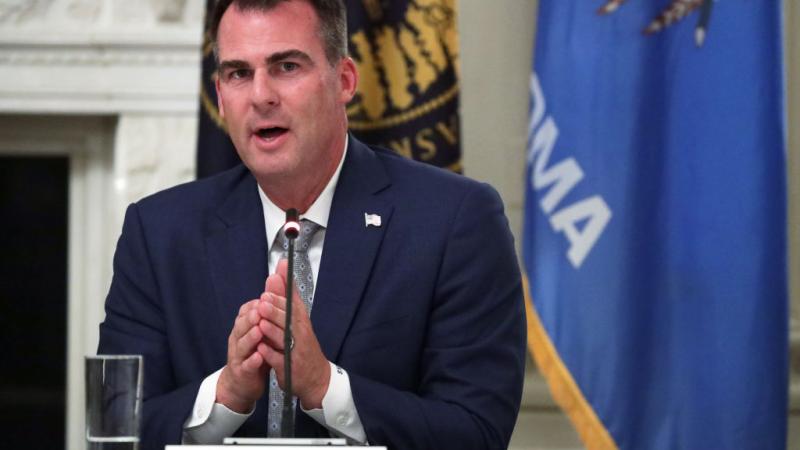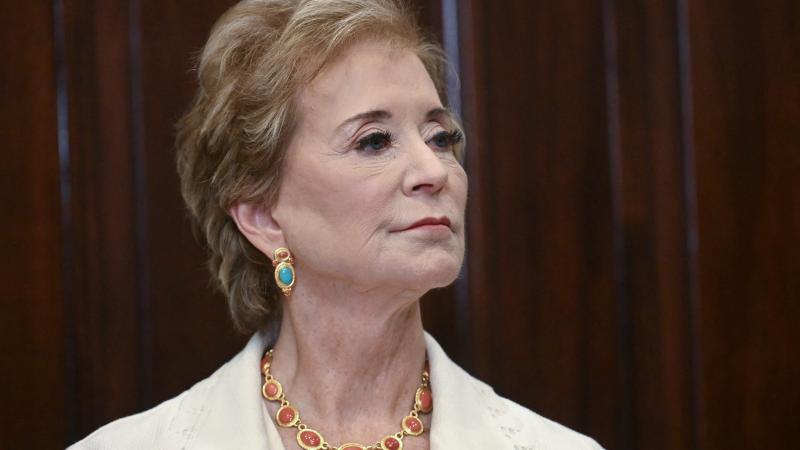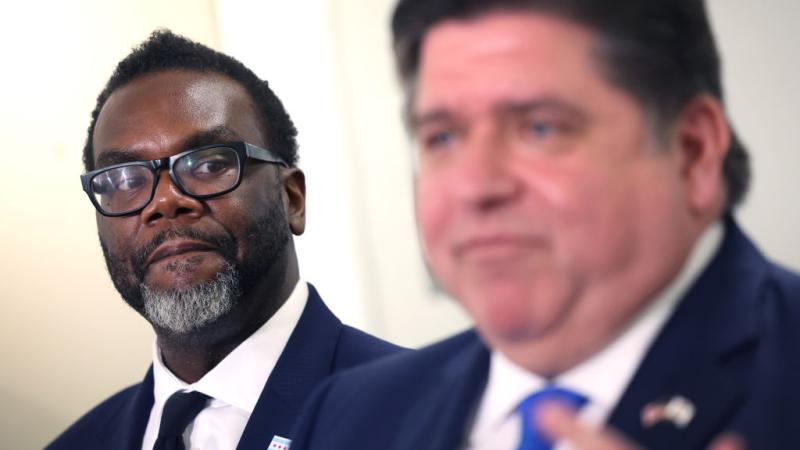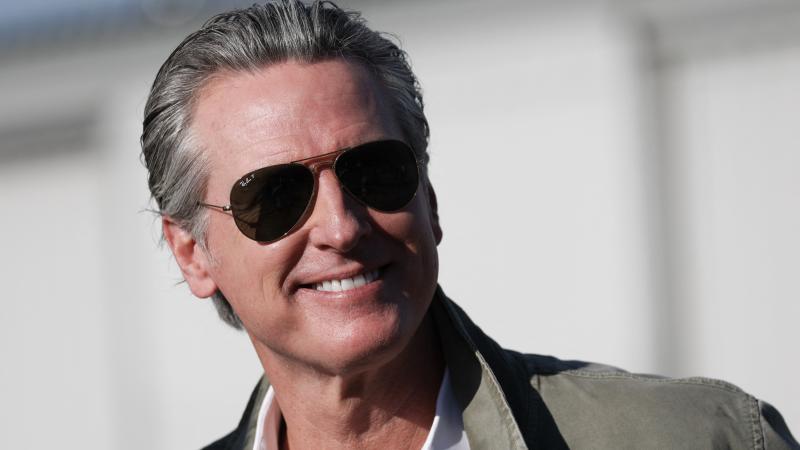Too good to fact-check? Academic journal publishes hoax on conservative takeover of higher ed
Authors' fake names even refer to famous 1996 hoax by physicist Alan Sokal and 2018 "grievance studies" project inspired by it.
A prestigious academic journal has egg on its face for publishing a hoax paper that claimed to find widespread concerns about "undue" conservative influence in higher education.
"Right-wing money strongly appears to induce faculty and administrators ... to believe that they are pressured to hire and promote people they regard as inferior candidates, to promote ideas they regard as poor, and to suppress people and ideas they regard as superior," according to the abstract in Higher Education Quarterly.
Peer reviewers failed to perform basic due diligence on the paper submitted in April and approved in October, neglecting, for example, to verify that authors "Sage Owens" and "Kal Alvers-Lynde III" were UCLA professors as they claimed. Owens even used an encrypted email service for correspondence with the journal.
They didn't check whether the conservative foundations named as active funders of higher education actually existed. The "Randy Eller Foundation" is made up, while the Olin Foundation shut down in 2005.
The author who goes by Owens told The Chronicle of Higher Education that the journal didn't even ask to see their data: "Every page has some glaring errors."
The authors' stated names provide a clue when spelled as an acronym: "SOKAL III." That indicates this is the second successful hoodwink tracing its inspiration to physicist Alan Sokal's famous parody of leftist "gibberish" in the journal Social Text in 1996.
"We wanted to improve over previous hoaxes by publishing in what was supposed to be a reputable journal," Owens wrote in an email to Just the News.
The first successful large-scale hoax inspired by Sokal was 2018's "grievance studies" project, which got four papers published and another three accepted before The Wall Street Journal exposed the ruse. Among the subjects: "rape culture" in dog parks and a feminist version of Mein Kampf.
Philosopher Peter Boghossian, one of those pranksters, told Just the News he suspects the new hoax flew under the radar because the paper doesn't make "vile" or "morally repugnant" claims. Its publication shows "the peer review process is irrevocably broken," he wrote in a text message.
Boghossian, who left Portland State University this year to start a "cognitive liberty" group, announced a "reverse Q&A tour" Thursday in which he'll quiz students on 15 campuses about "their experience with social justice and woke ideology in their classrooms."
'Contradictory' methodology
The paper fooled academics including Acadia University political scientist Jeffrey Sachs, who wrote a lengthy tweet thread sharing its findings even while urging followers to take it "with a grain of salt" and acknowledging the mystery around the authors.
"Rightwing donors are corrupting academia," Sachs said, citing the purported survey of 2,000 professors and administrators that found a "far greater and more statistically significant" effect from conservative than from liberal donors.
One explanation might be that they "see rightwing/libertarian donors as being more ideological ... and therefore that their money comes with strings attached," Sachs summarized. It raises the question whether universities "have an obligation to reject money from rightwing sources."
The paper had "obvious errors, including an obviously improper regression model and data tables which could not possibly be derived from that model," Owens told Just the News. "Any competent social scientist should spot such errors."
Owens specifically called out Sachs for missing "the elementary errors, which suggest he is incompetent at basic econometrics." Sachs didn't respond to a request to rebut Owens.
The first person to question the article's authenticity, according to Owens, was Case Western Reserve University law professor Jonathan Adler, who questioned Sachs about the "contradictory" methodology of the study.
Adler noted that contrary to the study's assertions, conservative donations to higher ed "aren't anywhere close" to those from liberals and that the Federalist Society does not give money to undergraduate departments.
Searches for the "Randy Eller Foundation" return nothing. "I was suspicious after spending less than 5 minutes with this paper," Adler tweeted.
'Fun' to stir up conspiracy theories
Following publicity, publisher Wiley & Sons retracted the paper in consultation with the journal's editors, University College London's Tatiana Fumasoli and VU University Amsterdam's Christine Teelken.
The notice said the "data in the article has been identified as fabricated and the authors have not disclosed their true identities." The paper remains live with a retraction watermark.
An unnamed Wiley spokesperson declined to answer how the article made it through peer review despite so many red flags, what went wrong and how it plans to remedy the goof.
"When the editors were first alerted to these claims, they acted quickly to investigate," according to a statement attributed to the journal. "The actors behind this article appear to be engaging in a deliberate exercise to undermine the peer review process and disrupt the integrity of scholarly literature, which unfortunately remains an issue across our industry."
Higher Education Quarterly is "committed to safeguarding the scholarly record, which is essential to advance the sound science that benefits us all."
Owens told Just the News the spoof authors are "mostly curious about whether the editor in question will resign, given that this paper's mathematics are absurd. The editor either did not read the paper or is incompetent at basic statistics."
University of Georgia professor Robert Toutkoushian, a member of the journal's editorial board, told the Chronicle "I had my doubts" when reading the paper following peer review. He cited the reported 83% survey response rate as a red flag.
Owens declined to specify whether they have successfully published other hoax papers, or provide more details about their identities.
"I can tell you that we are not Koch affiliated but that the UnKoch people will nevertheless believe this was a Koch conspiracy," Owens said, referring to the billionaire philanthropist Charles Koch and his critics, including UnKoch My Campus. "We knew they would react that way and that is part of the fun."
UnKoch My Campus Executive Director Justine Banks told the Chronicle that Owens asked them to share the hoax paper. The ruse failed that time: Banks' group first asked UCLA if the authors were indeed affiliated.
The Facts Inside Our Reporter's Notebook
Links
- hoax paper
- encrypted email service
- Olin Foundation shut down in 2005
- The Chronicle of Higher Education
- Alan Sokal's famous parody
- "grievance studies"
- start a "cognitive liberty" group
- reverse Q&A tour
- lengthy tweet thread
- even while urging followers
- questioned Sachs
- contradictory" methodology
- Adler noted
- Searches for the "Randy Eller Foundation
- Adler tweeted
- retracted the paper
- retraction watermark
- UnKoch My Campus
















